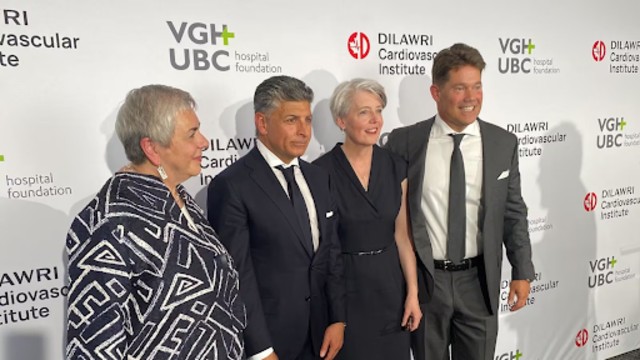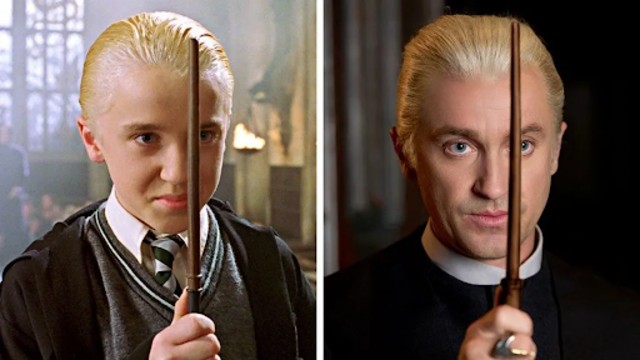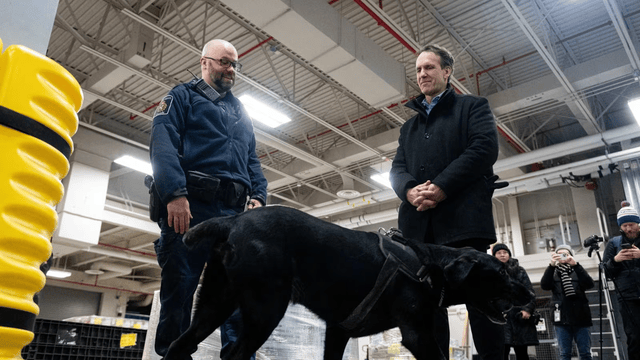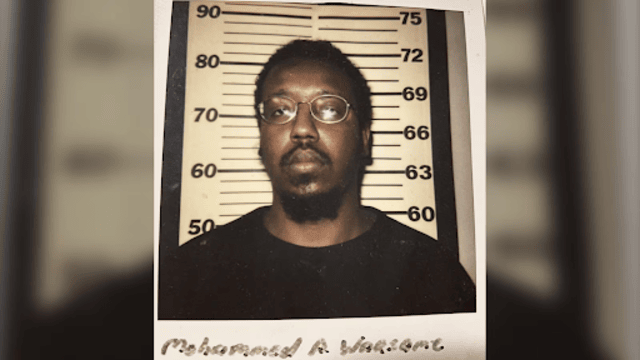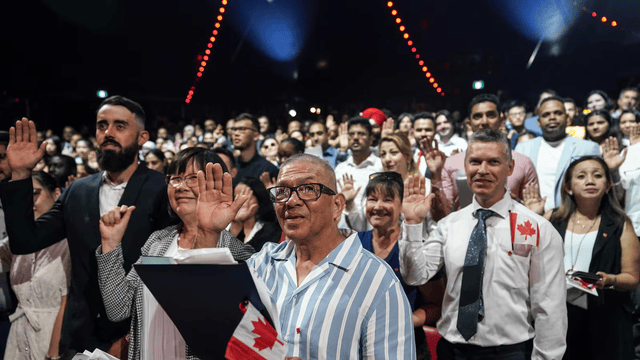
Joseph David, a 49-year-old father of two, decided to start dating again after years away from the scene. When he was younger, online dating was rare, and matchmaking websites were not as popular. But now, with dating apps dominating the scene, he felt out of place.
David knew he didn’t want to swipe left or right on a screen. “I prefer meeting people in person,” he said. “I want to see them, talk to them, and understand who they really are.” His family suggested speed dating, and he decided to give it a try at an event in Winnipeg.
While he didn’t find a long-term partner, he appreciated the experience. “I liked that I could meet people face-to-face in a safe space where everyone was looking for something real,” he shared.
Speed Dating’s Rise and Fall
Speed dating started in Los Angeles in 1998. A rabbi created the concept to help young Jewish singles meet. It quickly became popular across the U.S. and then spread to other countries.
However, with the rise of smartphones in the 2010s, dating apps like Tinder, Bumble, and Hinge took over. By 2022, nearly nine percent of Canadians over 15 had used a dating app, according to Statistics Canada.
When COVID-19 forced people into isolation, social skills took a hit. Many struggled to connect in person again. That’s when Sabrina Friesen, a mental health counselor, stepped in. She launched Winnipeg Connect, a speed dating event designed to help people ease back into real-world connections.
“People needed a space where they felt safe to socialize again,” Friesen explained. “After COVID, many were unsure about meeting strangers. Speed dating helped rebuild that trust.”
The Return of Speed Dating
According to Eventbrite, dating events in Canada grew by 76 percent from 2023 to 2024. Friesen ran speed dating and friendship events in Winnipeg from 2022 to 2024. Each event took place in a social venue like a brewery, where participants had seven-minute conversations before moving to the next person.
At the end of the event, attendees listed their favorite matches. Friesen then connected them if both showed interest. Many participants appreciated the structured format, which eliminated the endless texting and waiting common in dating apps.
“The back-and-forth on apps is exhausting,” Friesen said. “People get stuck in repetitive conversations with no real connection.”
Why Singles Are Turning to Speed Dating
Maryana Kravets, 37, relied on dating apps in Winnipeg but found them disappointing. Originally from Toronto, she missed the social opportunities a bigger city provided. “You can chat with someone for days, but they never ask you out,” she said.
She tried speed dating and, while she didn’t find romance, she met new friends and expanded her social circle.
Matt Paoli, founder of Flare Events, a Canadian speed dating company, says many people feel the same way. “Dating apps are causing ‘swipe fatigue.’ People forget how to meet others in real life,” he explained.
Paoli’s company hosts events across Canada, catering to people who prefer structured social interactions. “Some struggle with spontaneity, so speed dating gives them a better chance at success,” he added.
Of course, it’s not perfect. Some attendees say seeing the same faces at events can be discouraging. Others find the check-box matching process awkward.
But for David, the experience was a confidence boost. “It helped me get comfortable approaching people again,” he said. “I know I’ll find the right person—whether it’s through an event or not.”



